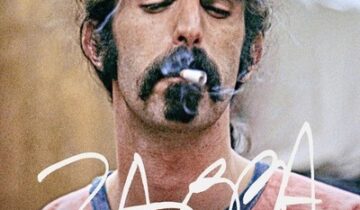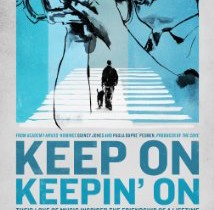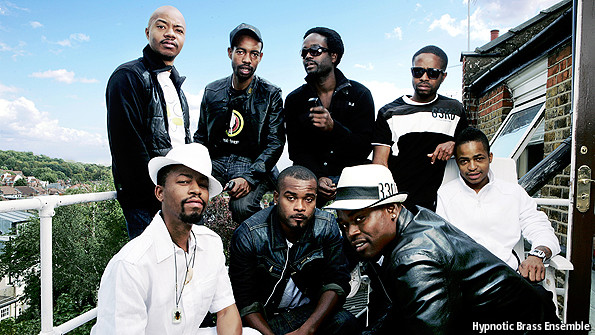 For the ECONOMIST: IT IS not difficult to understand why South Africa’s restless youth in the 1980s may have been drawn to punk music. A young, liberal generation, looking to rebel against apartheid, was empowered by the anti-establishment lyrics and up-tempo, aggressive rhythms of the popular British and American punk groups, and inspired to start their own bands.
For the ECONOMIST: IT IS not difficult to understand why South Africa’s restless youth in the 1980s may have been drawn to punk music. A young, liberal generation, looking to rebel against apartheid, was empowered by the anti-establishment lyrics and up-tempo, aggressive rhythms of the popular British and American punk groups, and inspired to start their own bands.
A new documentary film, “Punk in Africa“, explores the beginnings of this multiracial South African punk scene that exploded in cities like Durban, Cape Town, and Pretoria, and spread to neighbouring Mozambique and Zimbabwe throughout the 1980s.
Directed by two African-music enthusiasts—Keith Jones, who produces the film programme for AZGO festival in Maputo, Mozambique, and Deon Maas, a South African journalist and music industry veteran—the film aims to show what southern Africa’s cultural landscape was like after three decades under apartheid, and when starting a mixed-race band in a country ruled by segregation and race-based government legislation was a risky proposition. It also documents what came after: a second wave of punk rock and punk-influenced music in the 1990s that continues today, with Cape Town bands such as The Rudimentals and Hog Hoggidy Hog who mix punk with ska, reggae, and traditional African music. “It’s a road movie through punk,” says Jeffrey Brown, the film’s producer.
Through a montage of show fliers, live concert footage, and present-day interviews with musicians from bands with provocative names like Gay Marines, National Wake and Screaming Foetus, the film shows how Afro-punk was a reaction to two key elements: a black youth response to the 1976 Soweto Uprisings (a bloody student protest against a law making Afrikaans the standard language in schools) and a white youth revolt against compulsory military service. Mr Jones explains that the movement that emerged was more like the underground music scenes under communism in Europe, or the military dictatorship in Brazil; it wasn’t simply a derivative of British and American punk.
Most importantly, the film documents how these musicians, over time, began to incorporate regional African rhythms into their version of punk, creating a unique sound. “Struggle” by the all-black band The Genuines, for example, is an anti-apartheid, Afrikaans-language song that combines fast, danceable punk with carnival music. It is party music with a message. The message, as with many of these bands, is that long-term government oppression will prompt a dynamic vocal and musical rebellion.
The film, however, could benefit from more context. Former punks are enlightening about the glory days but the directors fail to explain how and why apartheid made life difficult for multiracial bands and their fans, so it is hard to draw meaning from the musicians’ candid, often humorous reflections. And despite the film’s claim that the punk scene was strikingly multiracial, the majority of the interviewees are white.
Following a recent screening at the Noise Pop festival in San Francisco, Mr Brown elaborated on the situation for these bands. He said they were under constant surveillance and they claim that authorities would walk into their homes unannounced and rifle through their personal items. Apartheid laws restricted how blacks and whites could mix in public spaces, and media, including song lyrics, could be censored. Briefly in the film, authorities give a member of the multiracial punk band National Wake a citation for blacks and whites mingling and playing a show together. “The job of the police was to make their life difficult,” Mr Brown says. “There was constant harassment, and people were arrested.” As a result of the political climate many musicians left the country, adds Mr Jones.
Other recent films have also documented the role of music in South African culture. “Searching for Sugar Man”, which won a BAFTA award and an Oscar this year, follows two South Africans as they try to track down a 1960s American folk singer called Sixto Rodriguez, who was unaware of his large fan base in their country. The 2012 film “Under African Skies” revisits the controversy that followed Paul Simon, a American singer, when he violated a UN-supported boycott by performing and recording with South African musicians for his Grammy award-winning “Graceland” album in 1986. Apartheid plays a central role in all of these films and the music they explore. “Punk in Africa” is a worthy addition to this cultural history.
Screenings of “Punk in Africa” will be announced on their website



